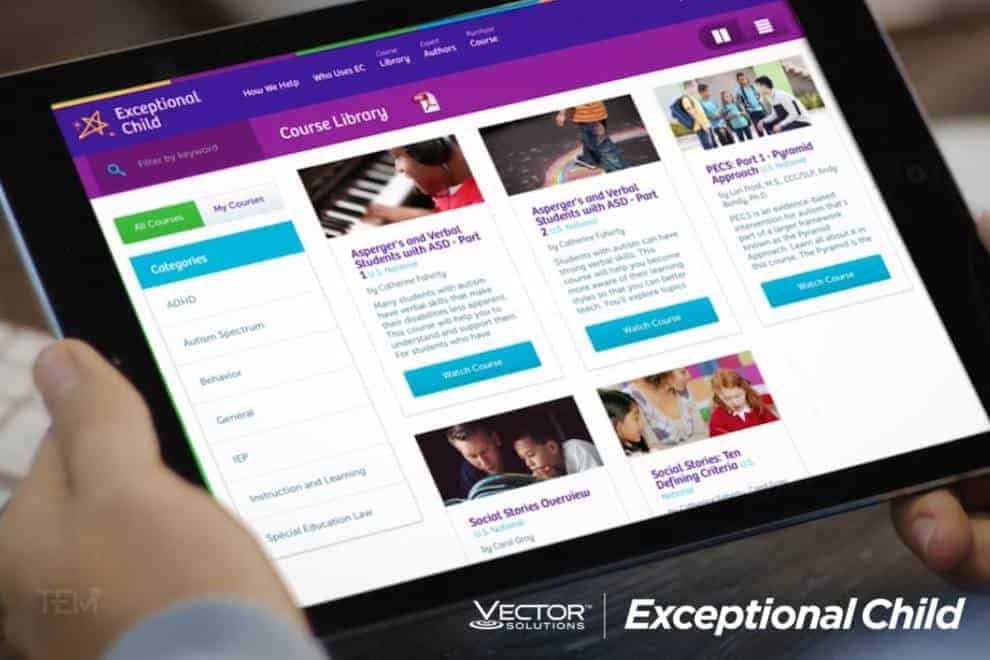To help school staff recognize and respond to signs of trauma
Trauma is a widespread health concern for schools around the country. With students struggling to cope with the effects of the COVID-19 pandemic, it’s more important than ever to help educators and school staff recognize signs of trauma so that they can help those suffering. Vector Solutions, a leader in eLearning and performance support for the world’s most critical industries, has launched a series of expert-authored courses designed to help school staff assist students suffering from the effects of trauma.
The course series helps school staff recognize the signs of trauma and adverse childhood experiences so they can help students suffering from various effects. Available in Vector’s K-12 trauma-based series, these resources are especially significant now as students return to school and other forms of learning amidst the COVID-19 pandemic.
Trauma Awareness Course
Author – Dr. Tara Kfoury
This course is designed to help school staff recognize the signs of trauma so they can help those students suffering from its effects. Topics include:
- The main sources of trauma in school-age children
- The categories of abusive behavior
- The effects of neglect and household challenges
- Trauma signs and symptoms
- Risk factors and the impact on future development
Trauma-Informed Practices Course
Author – Dr. Tara Kfoury
This course helps school staff recognize the signs of trauma and employ trauma-informed practices to assist students suffering from the effects of adverse childhood experiences. Topics covered include:
- Findings on trauma and its effect on children
- Negative life events that contribute to trauma in school-age children
- Trauma signs and symptoms
- Effective trauma-informed practices
Secondary Trauma Awareness Course
Author – Dr. Kellie Gray-Smith
This course will examine secondary trauma, a byproduct of trauma that affects the caregivers – including teachers, counselors, and other school staff – who help the primary victim process their experiences. Topics include:
- Examining how secondary trauma impacts the brain
- Identifying signs and symptoms of secondary trauma
- Determining strategies for supporting school staff members who are dealing with secondary trauma
Trauma arises from personal experience and can affect a student’s cognitive ability – at times limiting rational thought, problem-solving, and other complex thinking skills often required in school – thereby limiting their academic potential.










